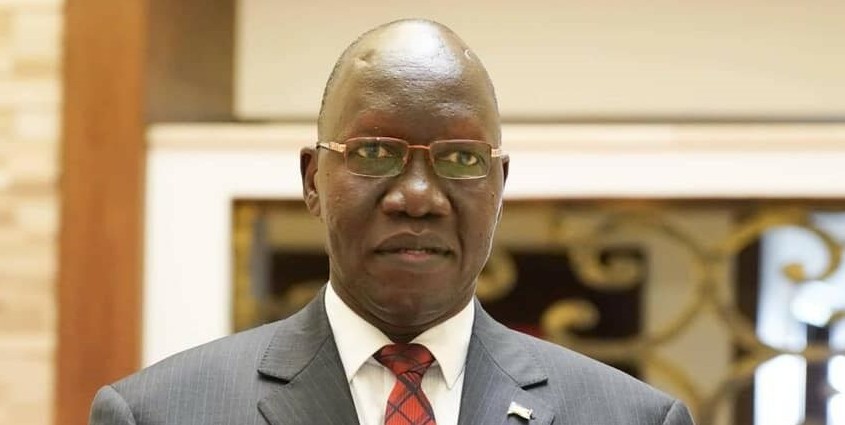South Sudan, Djibouti, Ethiopia and Uganda seal deal on Horn of Africa transport corridor

The project aims to open new trade routes, enhance mobility, and accelerate economic integration across the Horn and Eastern Africa.
South Sudan, Djibouti, Ethiopia, and Uganda are set to formalise the establishment of a regional transport corridor authority, a multibillion-dollar initiative aimed at boosting connectivity and driving economic growth across the Horn of Africa and Eastern Africa.
According to Eye Radio, the final ministerial signing is expected to take place in Addis Ababa, Ethiopia, in the coming weeks. The agreement follows a series of technical and ministerial-level meetings held in Djibouti from October 21 to 22, 2025, where officials from the four countries endorsed the framework.
More To Read
- Djibouti’s democracy takes another knock as ageing president engineers yet another term
- Uganda signals possible social media shutdown ahead of 2026 polls
- UN Rights Chief raises alarm over abductions, enforced disappearances in Uganda ahead of elections
- Ethiopia blasts Egypt for escalating hostile rhetoric and rejecting dialogue over Nile waters, GERD
- Global power shifts are reshaping the Red Sea region and changing the rules of engagement
- Gunman hijacks aid plane in South Sudan, arrested after safe landing in Wau
South Sudan’s Minister of Roads and Bridges, Simon Mijok Mijak, signed the agreement on behalf of Juba, alongside his counterparts from Djibouti, Ethiopia, and Uganda. Speaking to SSBC, Mijok described the corridor as “a strategic lifeline that will link our nations to global markets, enhance mobility, and promote social and economic growth across the Horn and Eastern Africa.”
Ethiopia’s Minister of Transport and Logistics, Alemu Sime, echoed his remarks, calling the corridor “an artery of commerce and a conduit for regional integration.” He added that the initiative would accelerate trade efficiency, allowing farmers and producers easier access to regional markets.
Representing Uganda’s Minister of Works and Transport, Apollo Kachunko, highlighted the project’s broader continental significance, stating, “Connectivity runs our economies, our communities, and our livelihoods. This corridor marks a remarkable step in Africa’s journey toward greater integration.”
The corridor’s development will be underpinned by Ethiopia’s infrastructure funding.
In November 2024, the country’s parliament approved a $738 million loan to South Sudan for the construction of its section of the highway, with Juba set to repay the loan through petroleum exports to Addis Ababa.
While details of the corridor’s exact route remain undisclosed, the project is seen as a cornerstone of the region’s efforts to strengthen trade networks, ease transport bottlenecks, and deepen economic interdependence — a tangible step toward the long-envisioned integration of the Horn of Africa.
Top Stories Today















































